Detailed content
Technical Specifications
- Processor Type: 16-bit processor module
- Memory:
- User Program Memory: 64 KB
- Data Memory: 32 KB
- I/O Capabilities:
- Digital Inputs: 16
- Digital Outputs: 16
- Analog Inputs: 8
- Power Supply: 24 V AC/DC
- Dimensions: 90 x 110 x 60 mm
- Weight: 1.2 kg
Functional Characteristics
- Powerful Processing: With its 16-bit processor, PFEA112-65 boasts significant computing power and graphical application capabilities, enabling it to handle complex industrial processes efficiently.
- Versatile I/O Interface: The module’s extensive I/O configuration, including 16 digital inputs, 16 digital outputs, and 8 analog inputs, allows it to interface with various sensors and control devices, ensuring seamless integration into diverse automation systems.
- User-Friendly Interface: It features an easy-to-use and configure interface, making it accessible to engineers and technicians alike, facilitating quick setup and maintenance.
- Reliable Performance: Built with high-quality components and robust design, PFEA112-65 guarantees reliable and stable operation even in harsh industrial environments.
- Communication Capabilities: Supports various communication protocols and interfaces, enabling seamless data exchange with other PLC modules, supervisory systems, or host computers.
Application Scenarios
ABB PFEA112-65 is widely employed in various industrial sectors due to its versatility and reliability, including but not limited to:
- Manufacturing: Used in controlling production lines, automating machinery, and monitoring processes, enhancing productivity and efficiency.
- Building Automation: Integrated into smart building systems for controlling lighting, HVAC (Heating, Ventilation, and Air Conditioning), and security systems, promoting energy savings and occupant comfort.
- Water Treatment and Supply: Monitors and controls water treatment plants and supply systems, ensuring water quality and flow are maintained at optimal levels.
- Energy Management: Deployed in power systems and energy monitoring applications, facilitating efficient energy usage and reducing operational costs.
- Logistics and Transportation: Automates logistics equipment and traffic signals, enhancing transportation efficiency and safety.

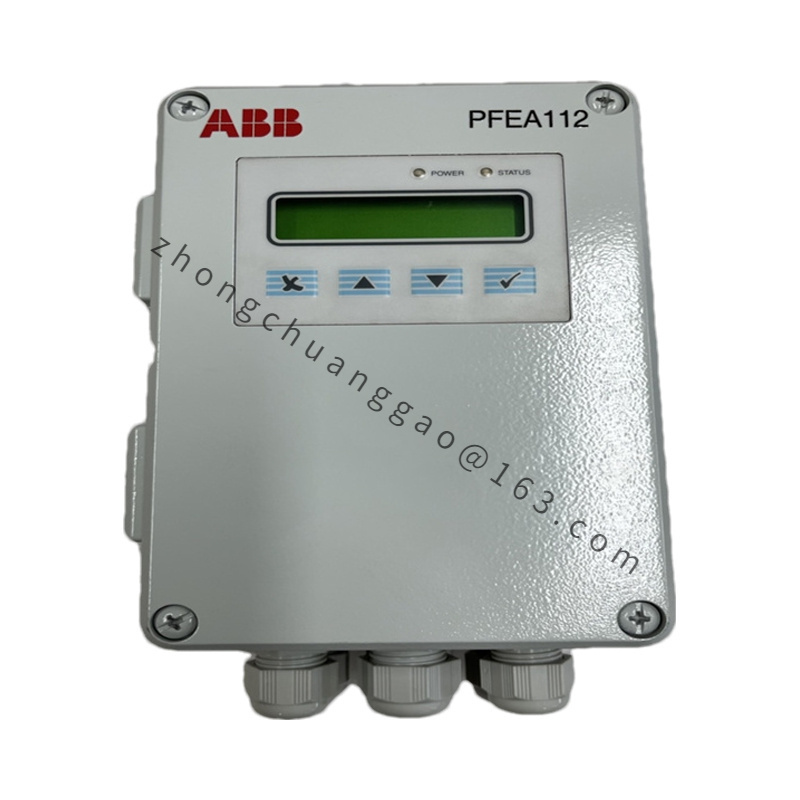
.jpg)
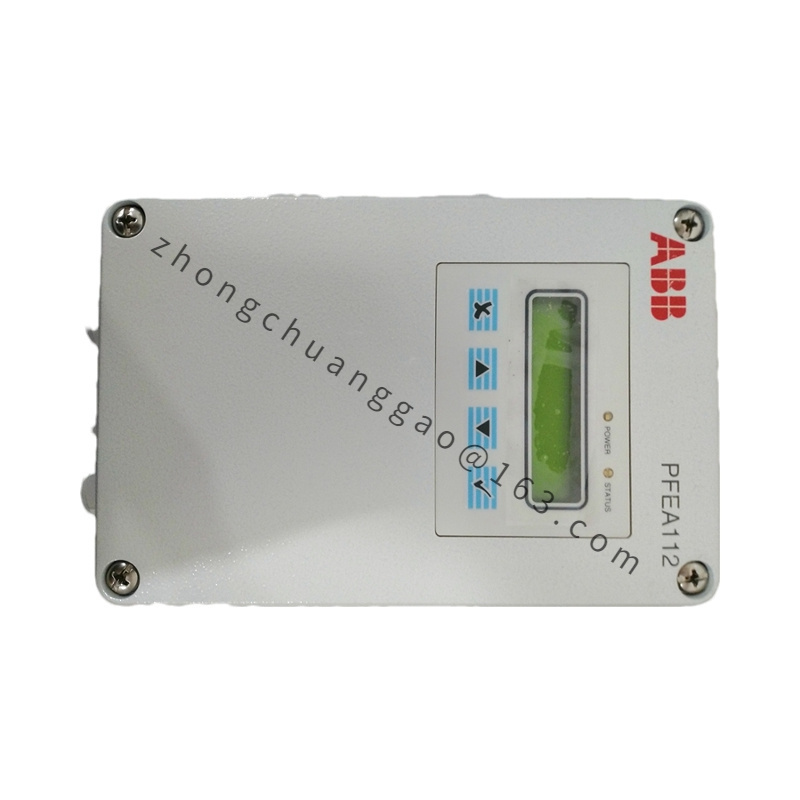
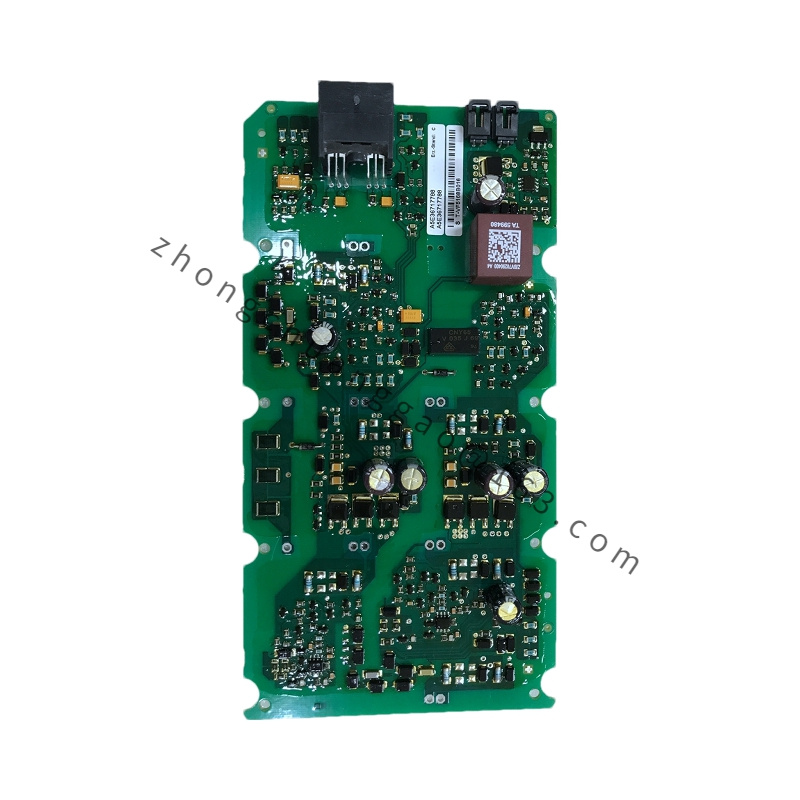

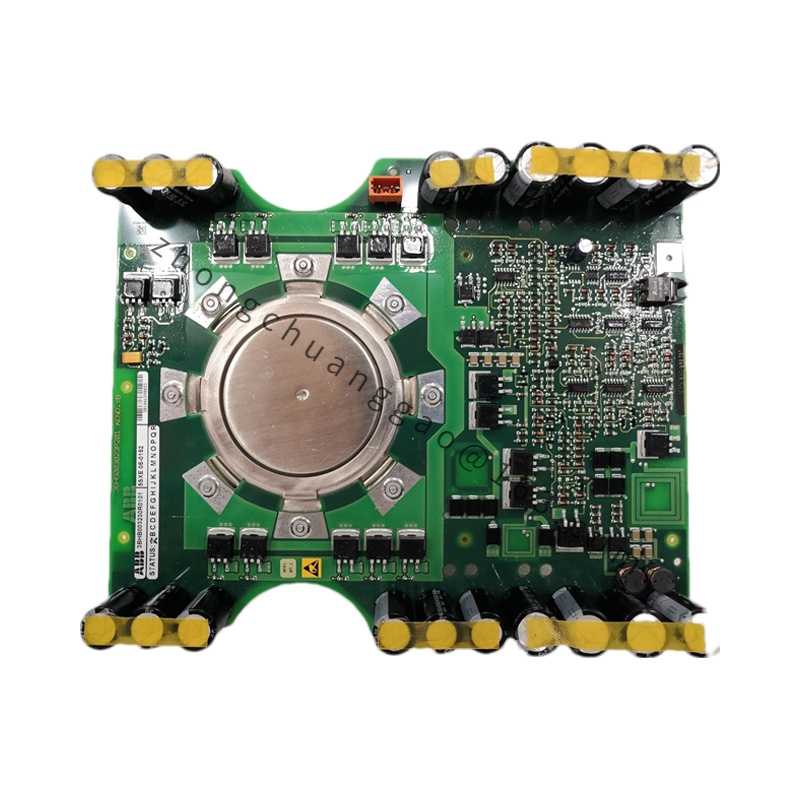

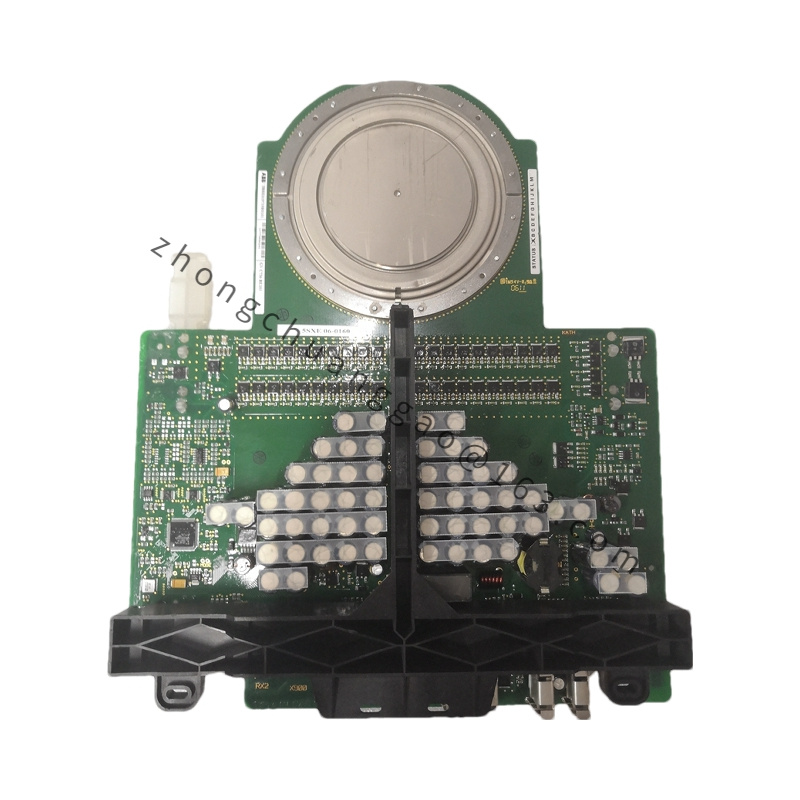
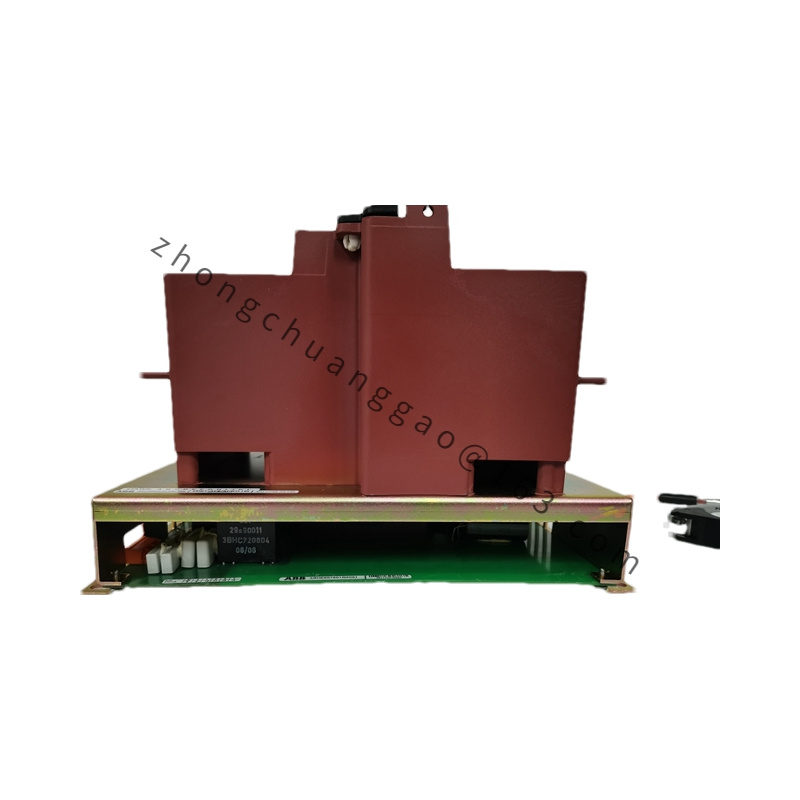
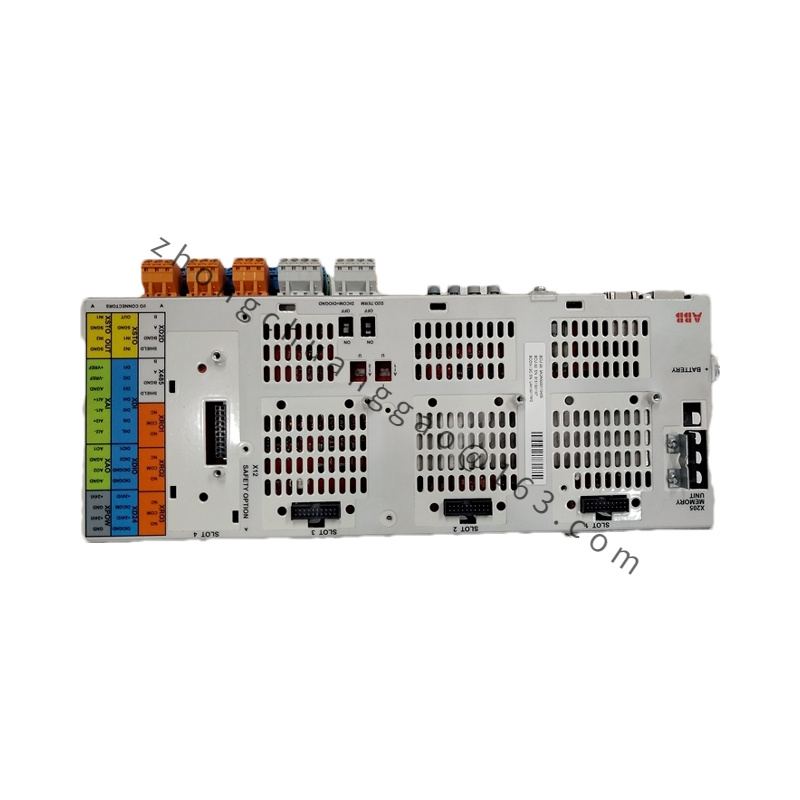
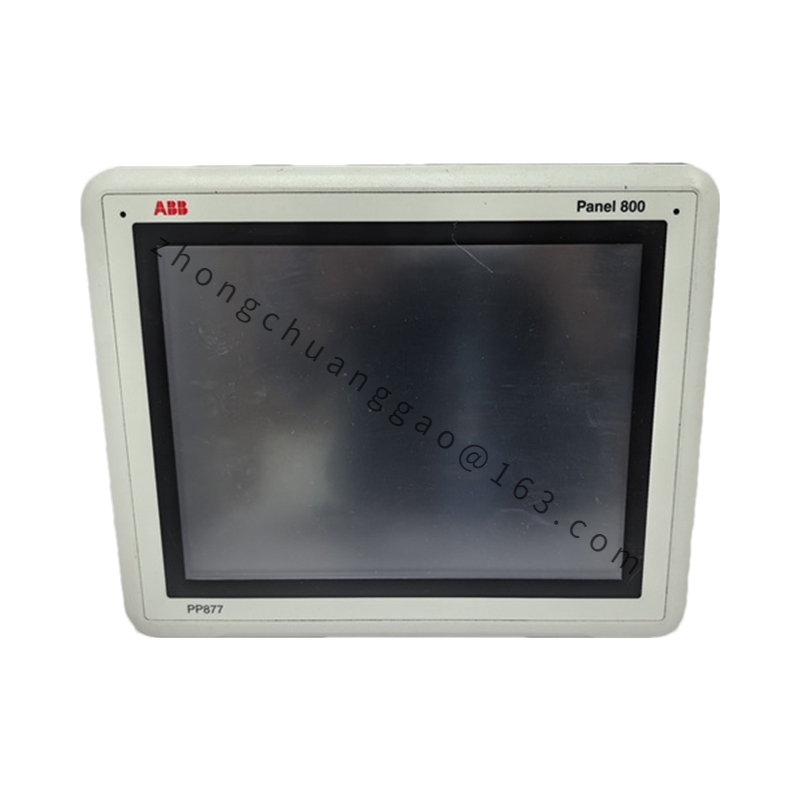
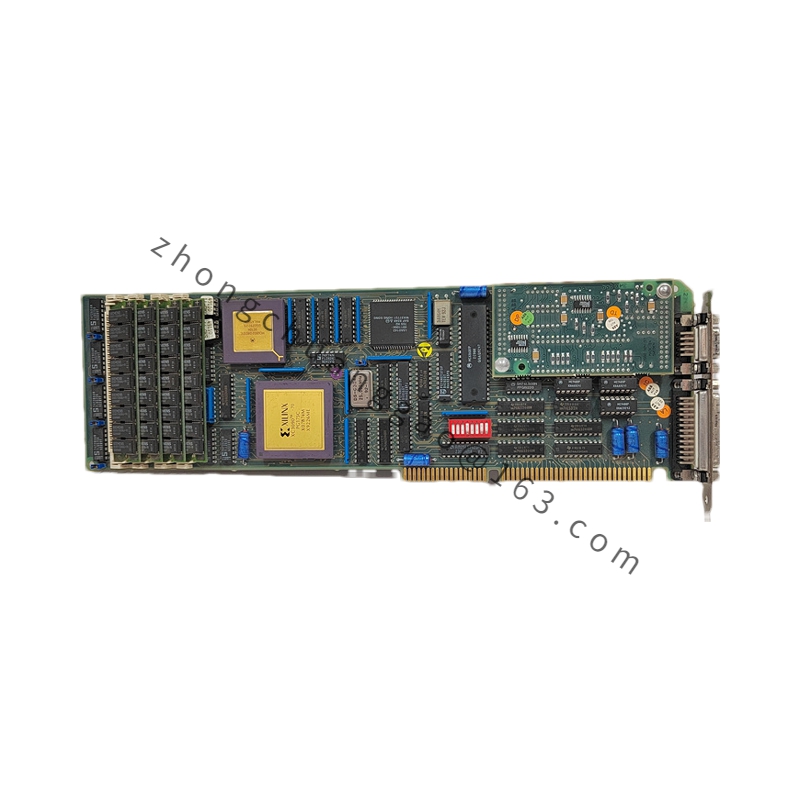
.jpg)
.jpg)
.jpg)